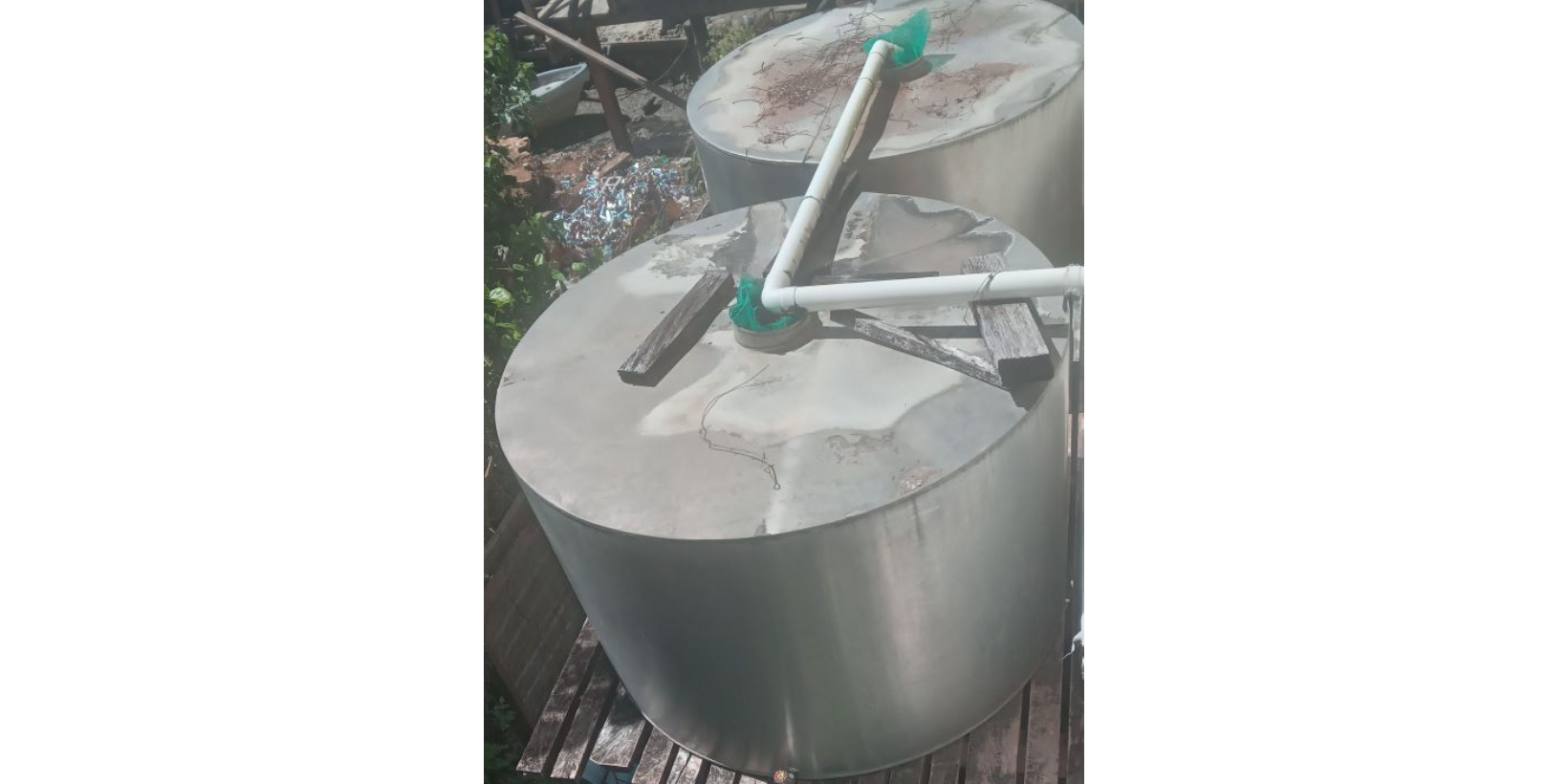RESIDENTS of Gizo, the Western Provincial capital, are once again facing one of their most persistent challenges – a severe shortage of water.
The prolonged dry spell currently affecting the town has worsened an already fragile situation, leaving many households and communities in distress as their water sources continue to dwindle.
For weeks, now months Gizo and surrounding communities have received little to no rainfall, resulting in dry water tanks and depleted wells, with residents now relying on whatever limited rainwater and groundwater they can find.
“This is not just inconvenient – it’s dangerous,” a concerned Gizo resident told the Solomon Star.
“We’ve had very little water for weeks and even months. Families are struggling to maintain hygiene, and schools and clinics are also being affected.”
The situation has sparked widespread concern, with community members calling on responsible authorities to step in and address what is fast becoming a public health and safety crisis.
Despite being a long-standing issue in Gizo, residents said the current water shortage is more prolonged and widespread than previous years.
The lack of investment in sustainable water infrastructure, coupled with growing population pressures and changing weather patterns, has made matters worse.
So far, local authorities have yet to provide a clear plan or long-term solution, leaving many residents frustrated by the lack of progress.
“This has gone on for too long. Every dry season we face this problem. We need real action, not just promises,” another resident said.
With the dry season expected to continue in the coming weeks, residents fear the situation may deteriorate further if urgent measures are not taken.
There have also been renewed calls for the swift implementation of the long-promised desalination project for Gizo.
Residents said updates on the project have been scarce, and many are still waiting to hear when it will begin.
For now, the people of Gizo continue to struggle daily, hoping that the worsening crisis will finally prompt authorities at both provincial and national levels to deliver lasting solutions.
By AUGUSTINE PENEVOLOMO
Solomon Star, Gizo









